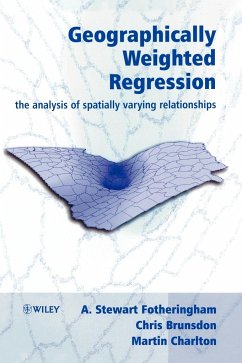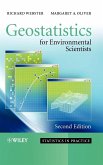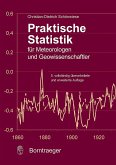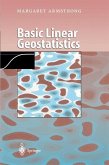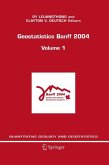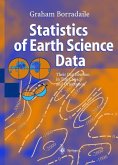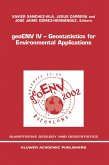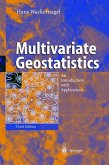Geographically Weighted Regression: The Analysis of Spatially Varying Relationships is based on the premise that relationships between variables measured at different locations might not be constant over space. The prevailing assumption is that such relationships are constant, an assumption that would appear to be the result of convenience rather than of any serious examination of the issues. If relationships do vary significantly over space, then serious questions are raised about the reliability of traditional, global-level analyses. Geographically Weighted Regression, as part of a broader research area in local modelling, provides a new analytical tool and a different perspective on spatial analysis. Instead of being restricted to simple global analyses in which interesting local variations in relationships are 'averaged away' and unobservable, GWR allows local relationships to be measured and mapped. In many ways the output from GWR is similar to that presented by a microscope: previously unimagined detail suddenly comes into focus. This book challenges many of the global statements of spatial relationships that have been made in the academic literature. Geographically Weighted Regression: The Analysis of Spatially Varying Relationships contains a broad discussion of local models in general and of the details of GWR, and provides many empirical examples on issues such as house price determinants, educational attainment levels and school performance statistics. A unique accompanying feature of this book is the author-written software that allows users to undertake sophisticated and complex forms of GWR within a user-friendly, Windows-based, front-end. This software is readily available from the authors and notes on using the software and an example application are documented in the book itself. Geographically Weighted Regression: The Analysis of Spatially Varying Relationships is an essential resource for quantitative spatial analysts and GIS researchers and students. It will be of interest to researchers in any discipline in which spatial data are used across the broad spectrum of social sciences, medicine, science and engineering. The underlying message is that locality is important and measuring local relationships is vital to understanding spatial processes. 'Stewart Fotheringham and his colleagues have produced a book that will be widely used by geographers and others interested in spatial analysis. Geographically weighted regression is an important method, and the authors have developed and explained it well.' Peter Rogerson, Department of Geography, University at Buffalo, USA 'The realisation that almost any statistic can be made 'local', and that mapping the results almost always leads to greater insight is powering a revolution in spatial analysis. In particular, the localisation of standard regression models, or GWR, has led to important and powerful insights. This book, written by the team that has done most to develop it, makes this approach accessible for the first time under a single cover. It should be required reading for anyone involved with the analysis of spatially referenced data.' David Unwin, School of Geography, Birkbeck College London
Bitte wählen Sie Ihr Anliegen aus.
Rechnungen
Retourenschein anfordern
Bestellstatus
Storno

